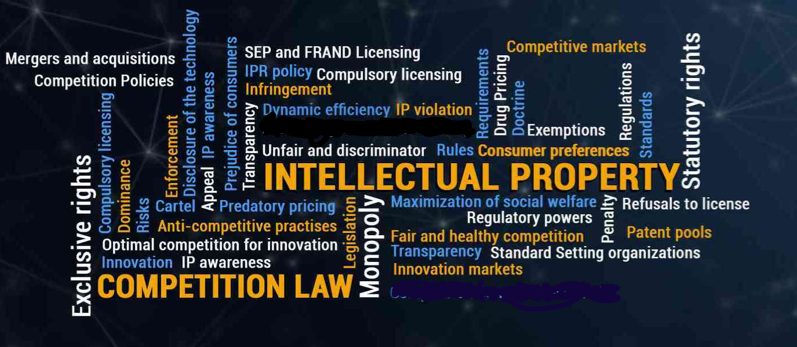This module explores the intersect of intellectual property rights with competition law in the EU which some consider problematic. While both are considered to promote innovation, how they do it seems to clash. IP law grants exclusive periods of use allowing the IP owners to control access to or seek payment for the use of innovations in order to reward/incentivize the innovators (aka creators, inventors, trade mark owners, etc). These can be viewed as 'monopoly' rights. On the other hand, competition law aims to control or prevent monopoly by ensuring wide access to new products and innovation via open and competitive markets. Further complicating the fit of the two bodies of law is that competition law is an EU-wide framework that has been used to forge the Single Market without internal boundaries and IP law frameworks, to the extent not EU-harmonized, are in national in origin and scope in many instances.
This module explores the balance in the exercise of IP rights in compliance with competition law, including in the context of licensing, refusals to license, standard setting and standard essential patent exercise and other transactions in ICT and the pharmaceutical industries that are heavily involved in the commercial exploitation of IP.

SOLM094 - Competition Law, Intellectual Property and Innovation 2022/23
This module explores the intersect of intellectual property rights with competition law in the EU which some consider problematic. While both are considered to promote innovation, how they do it s...